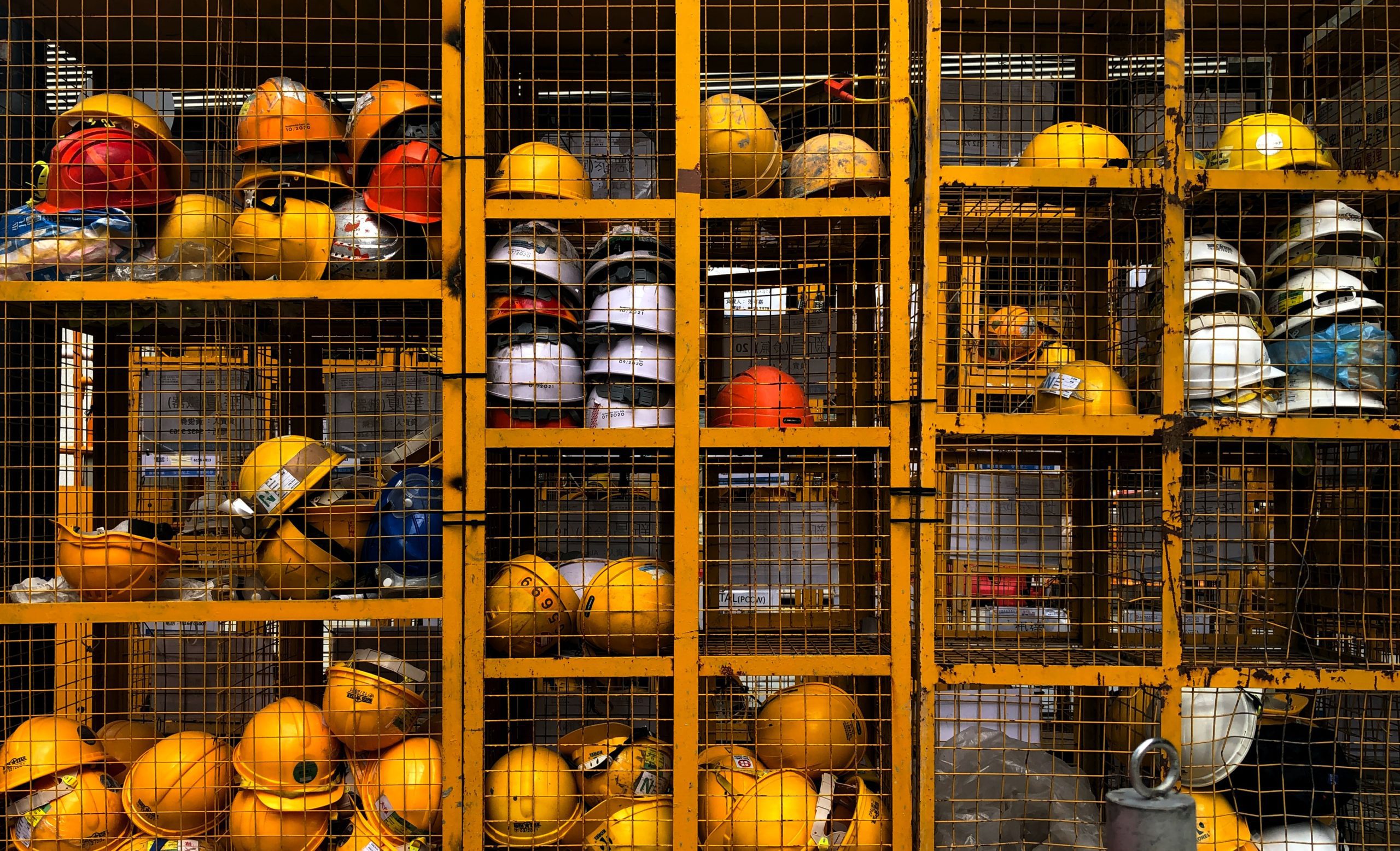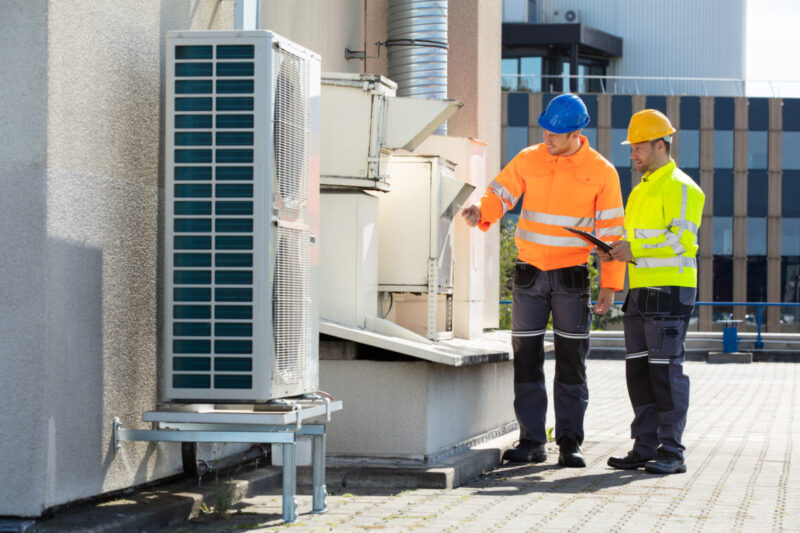Are you looking for a comprehensive guide to buildups commercial construction glossary? Then look no further! This article provides an in-depth exploration of all the key terms and concepts used in the BuildOps Commercial Construction Glossary.
With detailed explanations and examples, this resource will help you better understand every aspect of this important field. In addition, we provide helpful tips on how to use the information presented here in practical applications. Whether youre just starting or are an experienced builder, this guide has something for everyone!
Types of Building Materials and Structures
When it comes to BuildOps commercial construction technology glossary, the type of building materials and structures used can have a huge impact on the result. From foundations and frames to walls, roofs, finishes, and more, there are many different options available when constructing a new building.
Different types of materials can be chosen depending on their strength and resilience against weathering or other external factors as well as aesthetic value. For example, steel is generally known for its durability while wood is often seen as more visually pleasing. Additionally, some structures such as arch bridges are designed with greater weight capacity in mind than suspension bridges which can offer better aesthetics but at an increased cost. With so many choices available it’s important to consider your project’s particular needs before beginning any construction work to get the best results possible!
Categories of Construction Services

When it comes to commercial construction, there are a variety of services that buildups provide. These can be broken down into the following categories:
- Structural Services: This includes foundation work, wall and roof framing, masonry work, and other structural components such as columns and beams.
- Finish Work: The finish of a building is often what sets it apart from others in its class. BuildOps provides painting, staining, drywall installation, and finishing services for both interior and exterior finishes.
- Electrical Services: BuildOps offers full electrical systems design including wiring installation for lighting fixtures and power outlets throughout the building as well as cabling for internet connectivity or security systems installation if needed.
- Mechanical Systems: Building mechanical systems ensure comfort and temperature control within the facility but also ventilation, air conditioning, heating, plumbing, etc. All these elements need to be installed correctly by experienced professionals to guarantee the long-term efficiency of any given project.
- Landscaping: After all other works on a structure have been completed, landscapers enter with their expertise to take care of beautifying any outdoor area associated with the project. This involves planting trees, shrubs, or flowers along with leveling pathways, constructing retaining walls, or installing irrigation networks depending on each case’s needs.
Commonly Used Tools and Equipment in Commercial Construction Projects
Commercial construction projects require a variety of tools and equipment to get the job done. From saws and drills to generators, there are several essential items necessary for completing any project. But how do you know what is needed? This comprehensive guide provides an overview of some commonly used tools used in commercial construction projects, from the basics like hammers and nails to more specialized saws that can make precise cuts in even the toughest materials.
We’ll also cover safety gear such as goggles and hard hats, which are just as important as the tools themselves when it comes to making sure everyone works safely onsite. Finally, we’ll discuss other useful pieces of equipment such electricians might use during their work or even large machines like bulldozers that can help speed up big jobs. With this guide, you’ll be well-equipped with knowledge about commonly used tools & equipment for your next commercial construction project!
Regulations, Standards, and Safety Procedures for Commercial Construction Sites

When it comes to commercial construction sites, regulations, standards, and safety procedures are paramount for a successful project. To ensure that everyone involved is safe and the job is done by all applicable laws, builders must adhere to certain guidelines during every stage of their project. This includes compliance with local building codes and zoning ordinances as well as specific industry regulations such as those related to health and safety.
Furthermore, there are numerous standards set by organizations such as the American Society for Testing & Materials (ASTM) which govern materials used on-site. As part of any comprehensive buildups strategy for commercial construction projects, site managers must be aware of these requirements so they can effectively plan and implement necessary protocols throughout the life cycle of the project. Knowing what regulations apply from start to finish will help contractors keep workers safe while also staying within budget without compromising quality workmanship or environmental sustainability goals.


